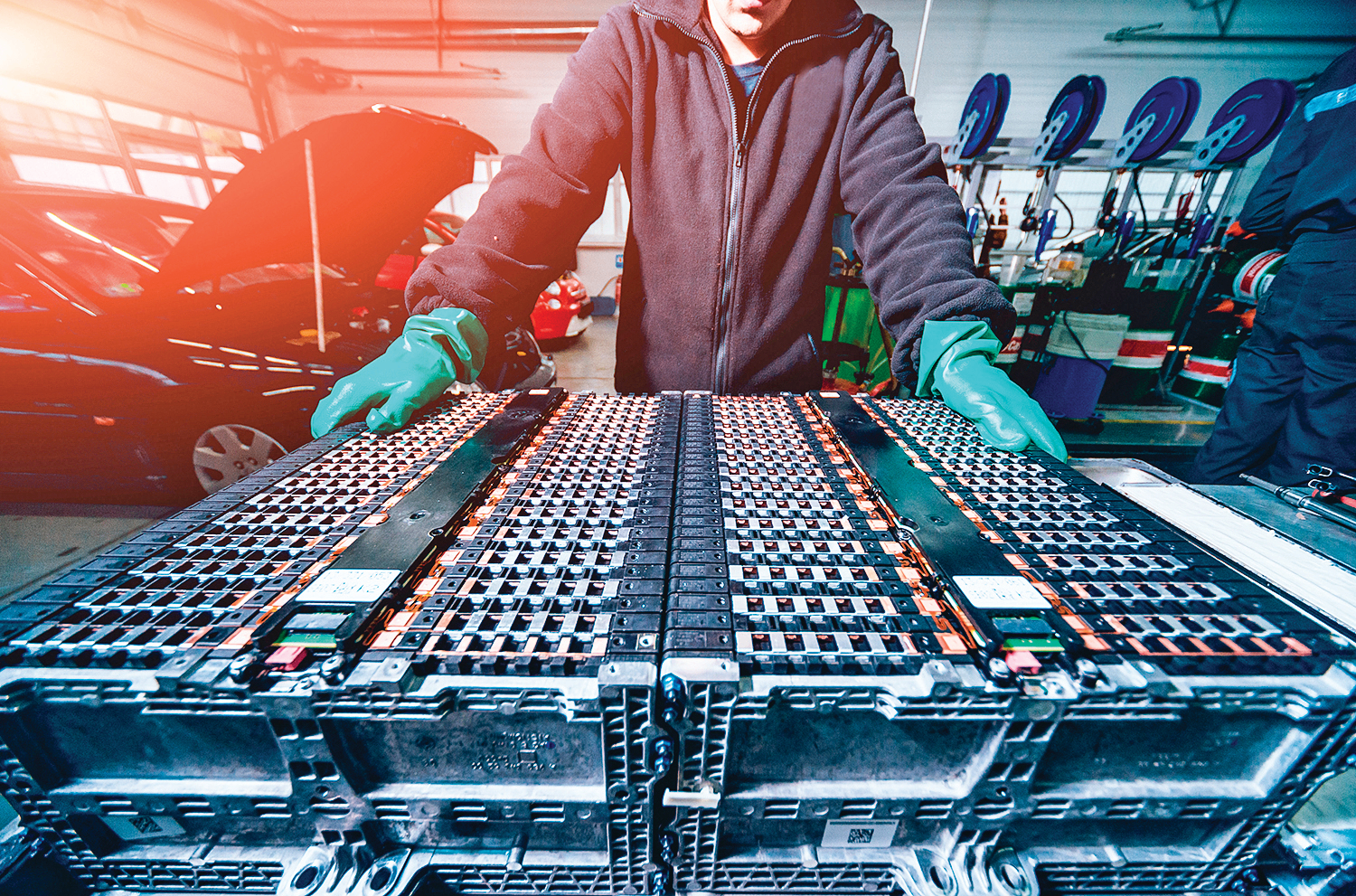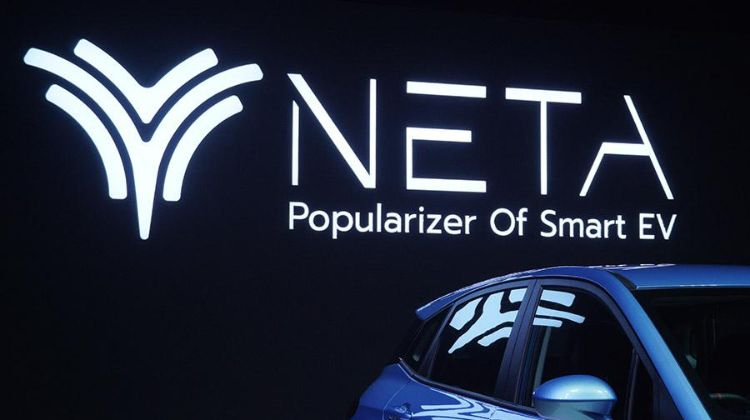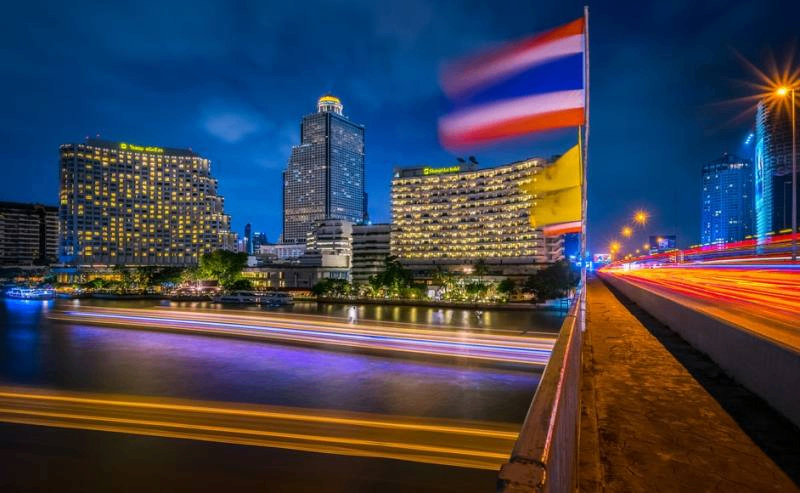Thai PTT Lithium-ion Battery for NETA
Thailand's state-owned oil giant PTT has begun producing lithium-ion electric vehicle batteries to build a supply chain for the NETA brand and capitalise on the country's growing market for new energy vehicles.
It is reported that the Thailand National Petroleum Authority PTT has commenced production of lithium-ion batteries to establish a dedicated supply chain for its electric vehicle brand NETA, tapping into the growing domestic market for new energy vehicles.
PTT CEO Auttapol Rerkpiboon stated that the factory, owned by the joint venture NV Gotion, located in Rayong province in southeastern Bangkok, has established a lithium-ion battery production line with an annual capacity of 2 gigawatt-hours.
"In the coming years, the capacity is expected to increase to 8 gigawatt-hours to meet the growing demand," Auttapol said.

NV Gotion was established in December 2022 as a joint venture between PTT subsidiary Nuovo Plus and Chinese electric vehicle battery manufacturer Gotion Hitech, with ownership stakes of 51% and 49% respectively. The company has committed to commencing commercial operations this year.
It is understood that the batteries produced will be supplied to Horizon Plus, a joint venture between PTT and Taiwanese semiconductor manufacturer Foxconn, with ownership stakes of 60% and 40% respectively. Horizon Plus produces NETA electric vehicles under a licensing agreement with Zhongxing Automobile (a Chinese electric vehicle manufacturer).
Insiders report that the factory's initial production capacity is 2 gigawatt-hours per hour, equivalent to 50,000 battery packs, aligning with Horizon Plus's needs and its business strategy to begin producing electric vehicles next year. Horizon Plus anticipates an initial capacity of 50,000 vehicles per year, increasing to 150,000 vehicles by 2030.

Last year, the Thai government began offering subsidies of up to 150,000 Thai Baht (approximately $4,200) per vehicle to help reduce the price of electric cars and stimulate demand. The government also provided tariff exemptions for foreign electric car manufacturers, provided they start producing electric cars in Thailand by 2024.
Chinese electric car manufacturers, including those licensed by NETA such as Zotye Auto, have begun taking advantage of the zero-tariff policy to sell their products in Thailand.
Data from the Thai Ministry of Transport (MOT) shows that from January to October this year, 58,074 electric vehicles were sold and registered with the Land Transport Department in Thailand, accounting for 10% of new vehicle registrations.
With this opportunity, all Chinese electric car manufacturers active in Thailand will start producing electric vehicles in the country next year, significantly boosting battery demand.

Chairman Li Zhen of Gotion Advanced Battery expressed that Thailand plans to focus on developing the electric vehicle and energy storage industries, which presents significant opportunities for the new energy sector, including electric vehicle batteries. "New energy" vehicles are a branch of China's automotive industry, including electric vehicles, plug-in hybrid electric vehicles, and fuel cell vehicles.
"This is also an important milestone for Gotion's global business, bringing Thailand closer to a leading position in the ASEAN battery market," Li Zhen said.
2024 is a crucial year for Thailand's electric vehicle industry. Currently, the Thai government encourages manufacturers to establish their own supply chains and aims to attract more companies into the market, creating excellent opportunities for the domestic electric vehicle market.
In addition to PTT, Thai coal mining company Banpu has also entered the electric vehicle battery business and is set to commence commercial operations in the first quarter of next year, targeting major Chinese electric vehicle manufacturers such as Great Wall Motors for battery pack production.
·Original
Disclaimer: The views in this article are from the original Creator and do not represent the views or position of Hawk Insight. The content of the article is for reference, communication and learning only, and does not constitute investment advice. If it involves copyright issues, please contact us for deletion.